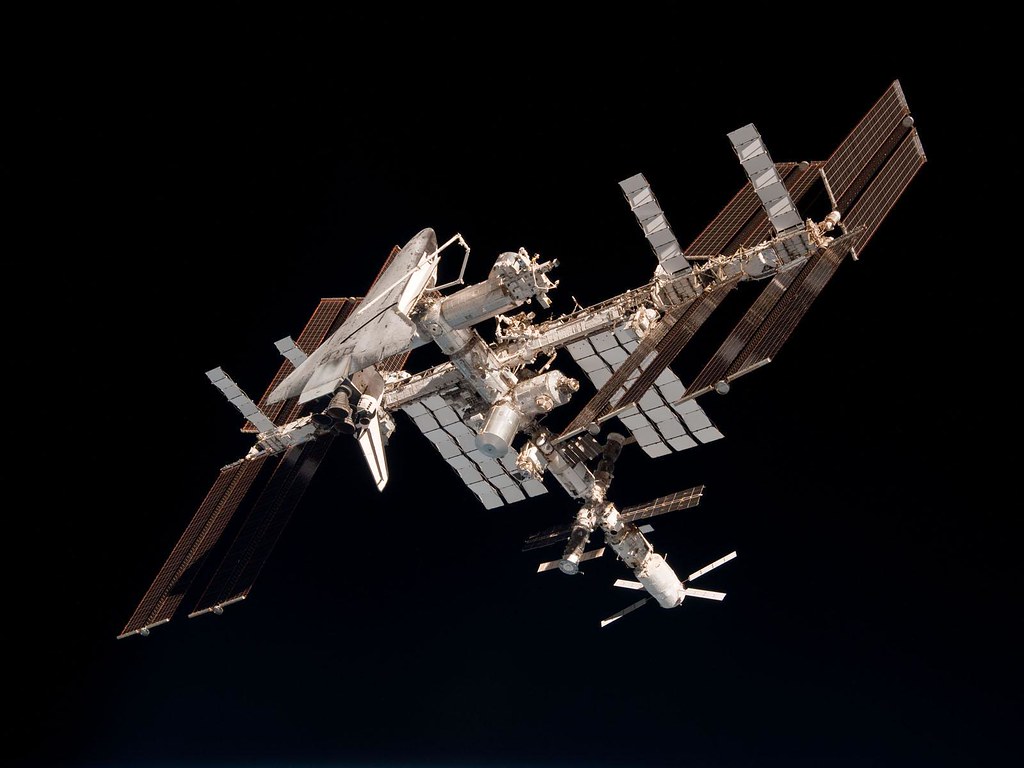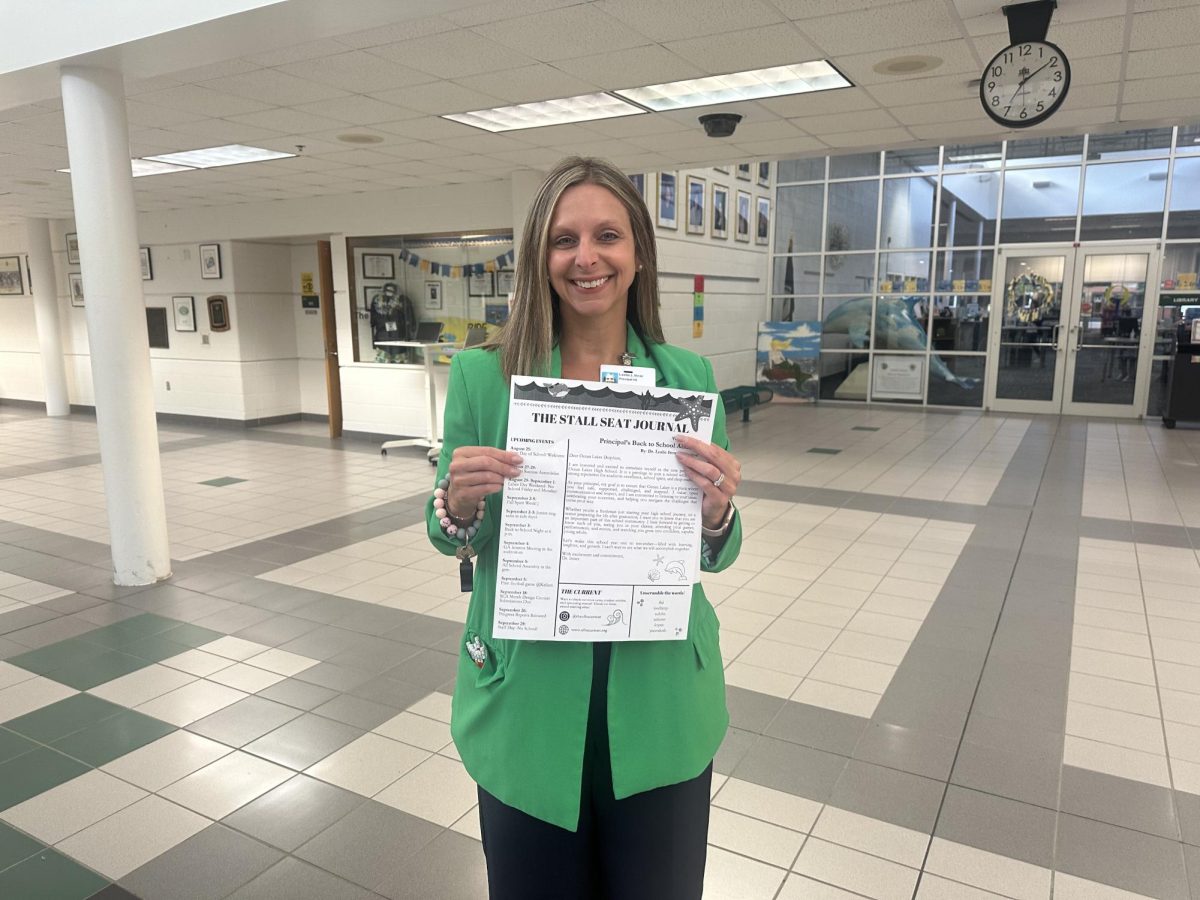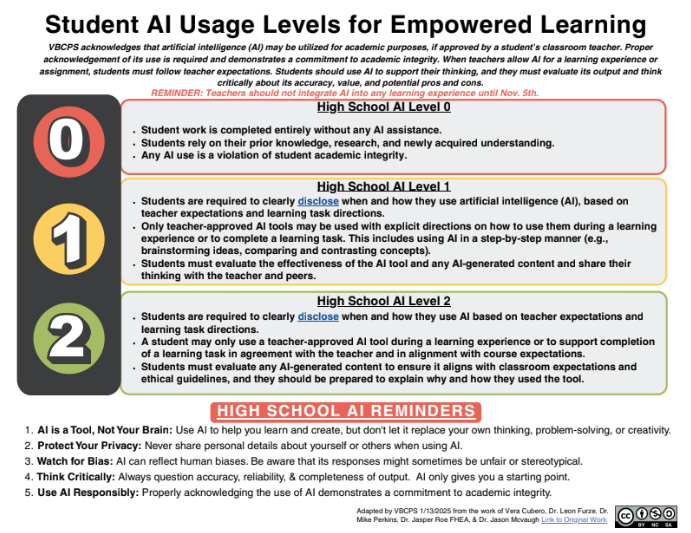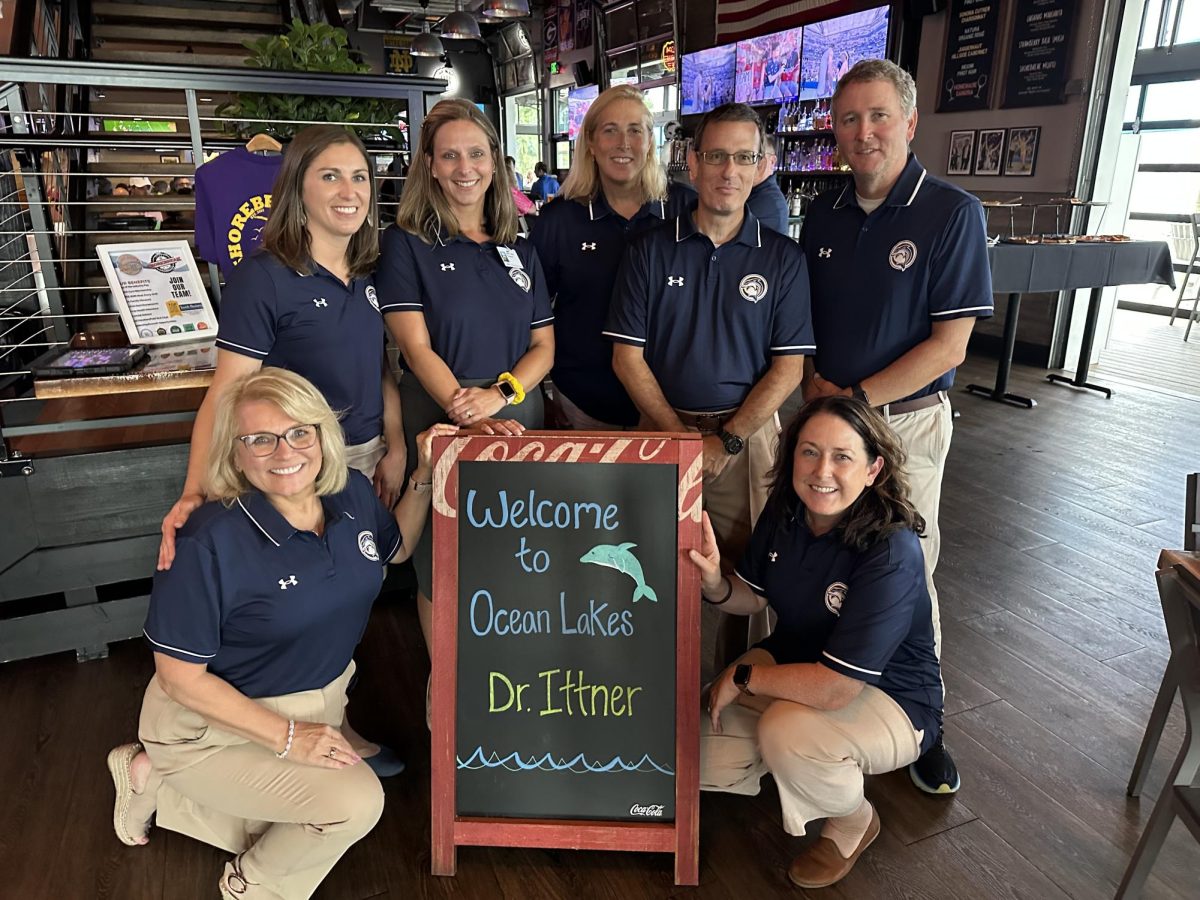Living in space can hurt the brain and body in such a way that it often takes astronauts several years to recover from the long-term effects.
It was recently discovered that microgravity in space can cause fluid shifting on the inside of the head, muscle and bone density loss and changes in motor skills.
“When in space, there is not a [much] gravity, so all of the fluids in the body flow up. This messes up the vestibular system. The vestibular system helps your brain tell what is up and what is down. This can be very disorientating for the astronauts,” sophomore and astronomy club media director Tejaswini Attada said.
Astronauts need at least three years of being on Earth to recover from brain damage, according to Time Magazine.
The ventricles of the brain swell while in space. Eventually, this resolves on its own but takes about three years for them to return back to normal.
For example, American astronaut and retired US Navy officer Suni Williams also has had trouble with living in space for long periods of time.
“Some effects on your body are muscle reduction, deterioration of eyesight, osteoporosis, weakening of all muscles including your heart and many others,” Astronomy teacher Michelle Bailey-Hennesy said.
Williams has been on a number of spacewalks and is a former record holder for the most done by a woman. She has stated that it’s very important to exercise while in space because of the microgravity. The astronauts do not lift their own body weight, so it affects the body’s muscle mass and bone density.
Other studies have also been done that help humans understand what happens to the body in space compared to what happens to the body while on Earth.
“[NASA] did a study with the identical twins Mark and Scott Kelly. NASA was looking to see what effects [space had on] the body [by] putting one of them in space for almost a year and testing him and his identical twin that was not in space,” Bailey-Hennessey said.
The “twins study” was conducted by NASA in March 2015 and ended in March 2016. When he returned to Earth, they did several tests on him comparing his data to Mark’s who stayed on Earth while Scott was in space. NASA found that the human body is very adaptable. Six months after landing on Earth, 91.3% of Scott’s gene expression levels went back to normal. Even though people understand these risks many would still take the opportunity if it presents itself.
“If I ever had the opportunity to go to space, I would definitely take it,” sophomore and president of the astronomy club Rachel Femi said.












